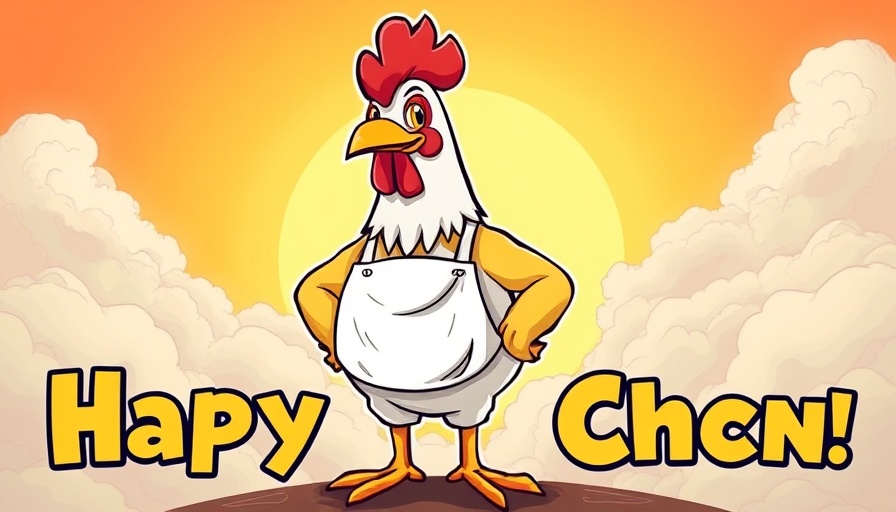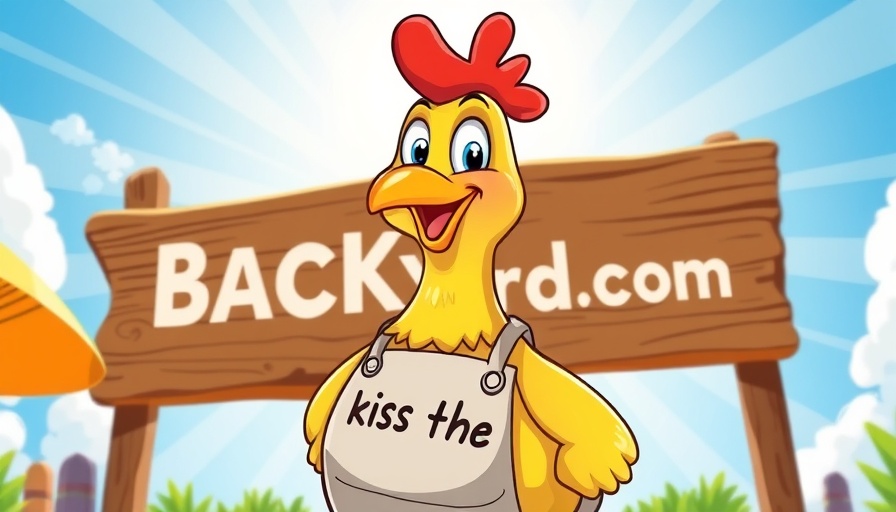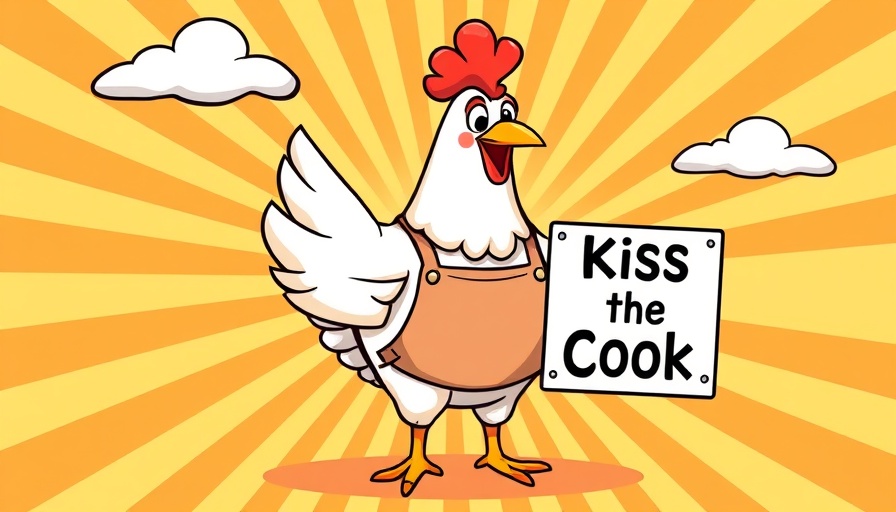
The Importance of Choosing the Right Sand for Your Chicken Run
For backyard chicken enthusiasts, the choice of sand for your run is crucial for the health and well-being of your flock. While many consider aesthetics, the functional and health-related aspects of the sand quality must not be overlooked. Sand serves not only as a comfortable footing for chickens but also plays a significant role in waste management, pest control, and overall hygiene in the coop.
Quality Over Quantity: What to Look For
When sourcing sand, it’s essential to select a type free from harmful additives. Natural, course sand is recommended as it offers chickens a means to dust bathe, which is vital for removing pests and keeping feathers in optimal condition. Avoid sand that is too fine, as it can create dust clouds that may irritate both the chickens and their owners.
Common Pitfalls in Selection and Local Availability
Many owners report difficulties in finding the right sand locally, often encountering options that do not meet quality standards. It's advisable to visit landscaping suppliers or speak with avian-specific stores to find a reliable source. Additionally, considering alternative materials such as gravel or specially formulated poultry bedding might be beneficial if the desired sand is unavailable.
Health Implications of Poor Sand Choice
Using the wrong sand can lead to several health issues among chickens, including respiratory problems from inhaling dust or exposure to chemicals in treated sands. Creating an inviting, clean environment helps reduce stress in chickens, promoting better egg production and overall quality of life. Regularly monitoring the condition of the substrate in the run will ensure the long-term health of your flock.
Final Thoughts on Sand Selection
By remaining informed and proactive in your choice of sand for the chicken run, you help ensure your birds flourish. Take the time to research suppliers and prioritize quality, as the health benefits you'll reap will far outweigh the initial efforts.
 Add Row
Add Row  Add
Add 




Write A Comment